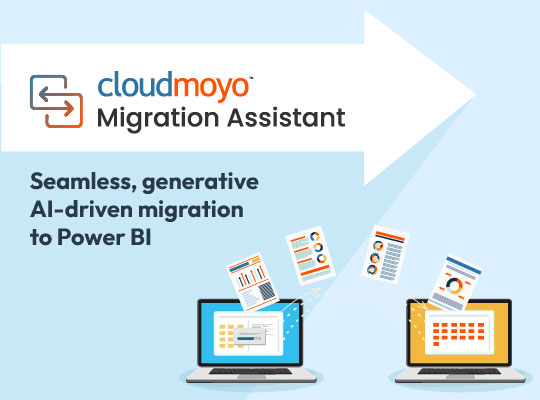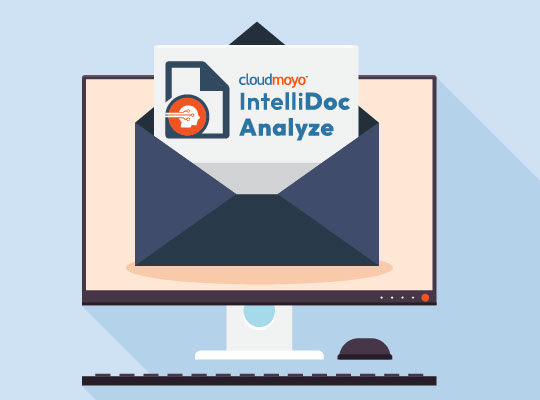Data holds the power to transform the business landscape, helping you to discover business insights and aids in decision-making. Yet, enterprise systems today generate large amounts of data, which is certainly not a piece of cake to manage. This new type of data comes with high volume, variety, and velocity, and is popularly known as big data. As a result, the technology of the modern or cloud data warehouse has the ability to transform businesses with its analytical approach and help them manage their big data more effectively.
Also read: The future of the cloud data warehouse
Best reasons to choose a cloud data warehousing system over traditional
data warehouse technology
- A cloud-based data warehousing system helps in incorporating data sources in data analysis by launching the project with a faster approach.
- A cloud data warehouse places a high tag on the security of the business data
- It is highly economical. With a cloud data warehouse, you get to pay for what you use and can vary the desired configuration and performance levels.
- The procurement and deployment cycles are relatively quicker than those of the on-premise data warehousing system.
- The cloud data warehouse makes data available at every step of modification-supporting data exploration, business intelligence, and reporting.
- It allows enterprises to shift their focus from systems management to actual analysis of data.
- Operates painlessly at any scale and makes it possible to combine diverse data, both structured and semi-structured.
- Data insights can be always up to date and directly accessible to everyone who needs them.
- There is no limitation on the number of users. A cloud data warehouse allows users of any number to use the same amount of data with query performance degradation.
- It removes the dependency on IT and democratizes access to enterprise data.
- It can be used by individual departments like marketing, finance, development, and sales at organizations of all types and sizes.
- It serves next-generation requisites for an ideal data warehouse by centralizing different types of data sources into single point storage in real-time.
- Almost negligible time is spent tuning and re-architecting queries to address performance deficiencies.
- A cloud data warehouse offers ultimate features like indexing and cataloging. It is designed in a way that data can be indexed, cataloged and tagged with metadata in real-time
- A cloud data warehouse can also track who has used particular data, in which format it was extracted, and how has the user used it.



















